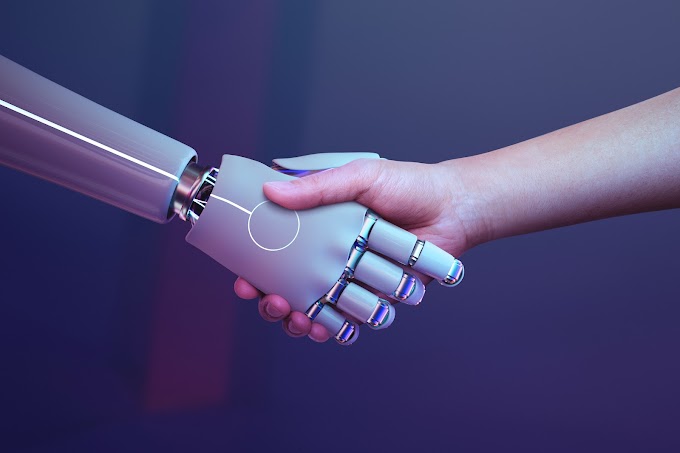Understanding Ethical AI
What is Ethical AI?
Ethical AI refers to the framework and methodology that apply moral principles to guide the creation and execution of artificial intelligence. The aim is to foster AI systems that are fair, transparent, accountable, respectful of privacy, and inclusive.
Why Ethical AI?
The propulsion of AI into our daily lives underscores the urgent need for ethical considerations. AI's ability to analyze, decide, and act without human intervention raises pivotal questions about bias, decision-making transparency, data privacy, and the broader societal impacts of automation and algorithmic decision-making.
The Imperative for Ethical AI
Unethical AI can lead to significant negative outcomes, such as reinforcing societal biases, violating individual privacy, and enabling surveillance and control on unprecedented scales. Real-world incidents where AI applications resulted in discriminatory outcomes or exacerbated social inequities underscore the need for ethical guidance in AI development.
Challenges in Realizing Ethical AI
Achieving ethical AI is fraught with challenges. These range from the inherent difficulty in translating abstract ethical principles into concrete technical requirements to the global diversity in cultural and ethical norms making universal standards elusive. Moreover, the black-box nature of many AI algorithms complicates efforts to ensure transparency and accountability.
Pathways to Ethical AI
Several strategies have emerged to promote the ethical development of AI:
Industry Standards and Government Regulations:
Establishing clear standards and regulations can provide a baseline for ethical AI development. These can encompass requirements for transparency, fairness, and privacy protection.
Ethical Design and Development Practices:
Encouraging the integration of ethical considerations from the earliest stages of AI system design can help preempt ethical issues.
Interdisciplinary Collaboration:
Combining insights from technology, ethics, sociology, and law can help address the multifaceted challenges posed by AI, ensuring a more holistic approach to ethical considerations.
Case Studies: Ethical AI in Action
Examining case studies where organizations have successfully navigated ethical dilemmas in AI offers valuable lessons. These instances highlight the importance of ethical foresight, stakeholder engagement, and continuous ethical assessment throughout the AI system lifecycle.
Best Practices for Implementing Ethical AI
For practitioners looking to embed ethical considerations into their AI projects, several best practices are paramount:
- Conducting Ethical Risk Assessments:
- Regular assessments can identify potential ethical issues, guiding timely interventions.
- Ensuring Diversity and Inclusivity:
- Involving diverse teams in AI development can mitigate biases and ensure more equitable outcomes.
- Fostering Transparency and Explainability:
- Making AI systems understandable to users promotes trust and accountability.
- Engaging with Stakeholders:
- Dialogue with affected communities and stakeholders can provide insights into ethical concerns and potential impacts.
Conclusion: The Path Forward
The journey towards fully ethical AI is continuous and evolving. As AI technologies advance, so too must our ethical frameworks and practices. The goal is not to hinder innovation but to ensure that such innovation proceeds in a manner that is beneficial and just for all members of society. Commitment to ethical AI is a commitment to a future where technology serves humanity, respecting our values and rights.
Further Reading
For those seeking to delve deeper into ethical AI, a rich array of resources exists, from scholarly articles and industry reports to guidelines from international bodies. These resources provide deeper insights into the nuances of ethical AI, offering guidance and perspectives for developers, policymakers, and researchers committed to responsible AI development.








